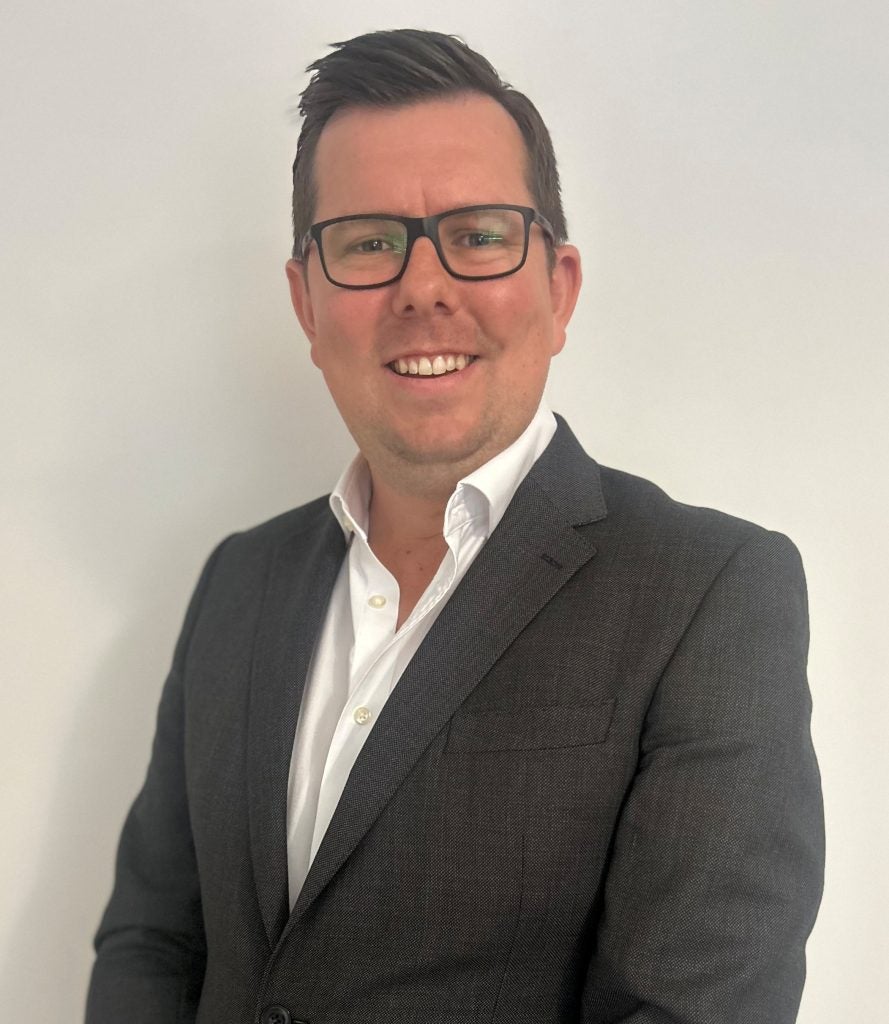A consortium of firms and accountancy bodies has launched today an initiative aimed at tackling the UK profession’s talent gap by giving every student equal opportunities to access the accountancy profession based on merit and not background.
The initiative, called Access Accountancy, intends to break the profession’s ‘grey suit’ image and widen access and opportunities for students from disadvantaged backgrounds.
At the launch event today in London, KPMG UK chairman and senior partner Simon Collins said: "The profession is associated as being one of white middle class men, and we have to admit that this a problem and a wide spread challenge for our profession, we want to attract people with more diverse background."
KPMG UK partner and head of corporate affairs Marianne Fallon said that professions were the drivers of growth in the UK and in order to remain competitive the accountancy profession needed the "best talents from across the country".
She highlighted the four principles of Access Accountancy to which the signatories committed to:
– Contribute to overall target of 3,750 work experience placements by September 2019
– Collect and monitor socio-economic data of applicants on an annual basis
– Take part in externally validated reviews of Access Accountancy
– Generate interest in accountancy through common messages delivered directly in schools and colleges
How well do you really know your competitors?
Access the most comprehensive Company Profiles on the market, powered by GlobalData. Save hours of research. Gain competitive edge.

Thank you!
Your download email will arrive shortly
Not ready to buy yet? Download a free sample
We are confident about the unique quality of our Company Profiles. However, we want you to make the most beneficial decision for your business, so we offer a free sample that you can download by submitting the below form
By GlobalData"We want to find new and innovative points of entry to make sure that we increase the diversity in our profession," Fallon said.
Also present at the launch, Social Mobility and Child Poverty Commission chief executive David Johnston welcomed the initiative by saying it answered the criticisms he had addressed to the accountancy profession in the past.
"I have been critical of your profession in the past, especially in regards to work placements which were gained through nepotism," he said before outlining the importance of work placements as the first step in a professional career.
Johnston also welcomed the objective to collect and review socio-economic data. "It is with this type of data that you can pinpoint where the problem is and start thinking of solutions," he said.
He reminded the accountants in the room that the legal profession had announced a similar project two years ago and that despite the fact that law firms had collected some socio-economic data, it was never published. "I hope you will avoid this situation," he said.
Johnston concluded his speech by outlining a number of challenges that Access Accountancy will face. "You have to ensure that this initiative reaches all of the country and especially the parts that need it, and not only targeted pockets," he said.
"And it should be a genuine interest from the profession to open up to people from disadvantage background and it shouldn’t be just to have nice pictures in your annual reports."
The launch event of Access Accountancy ended with a 30 minute Q&A between a panel of six professionals from firms of all sizes and from the public sector, and young pupils of the Elizabeth Garett Anderson School, where the launch event took place.
Pupils wanted to know how much accountants earned, if they had any free time and what they did in the free time. They also asked questions about the skills they would learn with a work placement in a firm and what they would be doing during their work placement.
All the members of the panel which was composed of partners, associate partners and apprentices admitted that they came from humble backgrounds. Some grew up in council flats, others on a farm and most of them didn’t go to university, embracing the accountancy career straight after their A levels.
They all said that accountancy came to them by hazard rather than choice. Young and old panel members all said that since they’ve entered the profession they have never looked back at their choice.
"I qualified as an accountant to learn a set of general skills that I could use anywhere," Price Bailey chairman Peter Gillman said. "And all this years later, after starting as an intern at Price Bailey I’m still here, and I’ve never looked back."
Panel member and Deloitte UK assistant manager Kelly Stevenson told the pupils that anybody could become an accountant but that it demanded a lot of hard work. She emphasised the fact that accountancy wasn’t only about math but also a lot of talking to people and building relations.
"I grew up on a farm and my job for me is a bit like putting a costume," she laughed. "I dress and look professional, acting like a business woman during the day. But in the evening I go back home and I’m a country girl again."
The initiative was started last year by a steering group of eight firms and three professional bodies. Access Accounting has now 21 signatories including the Big Four firms, the top 10 mid-tier firms in the UK such as BDO, Baker Tilly and Grant Thornton, as well as smaller UK firms like Price Bailey. Four professional bodies are also amongst the signatories: CIMA, ICAEW, ACCA and AAT.
Related link:






